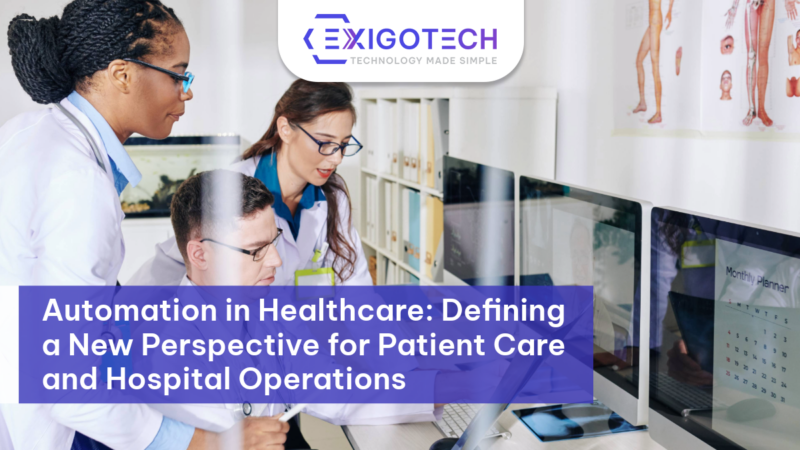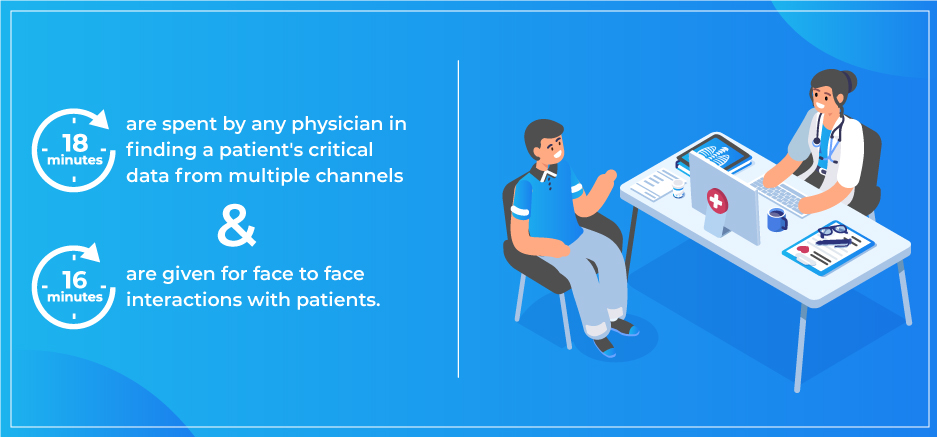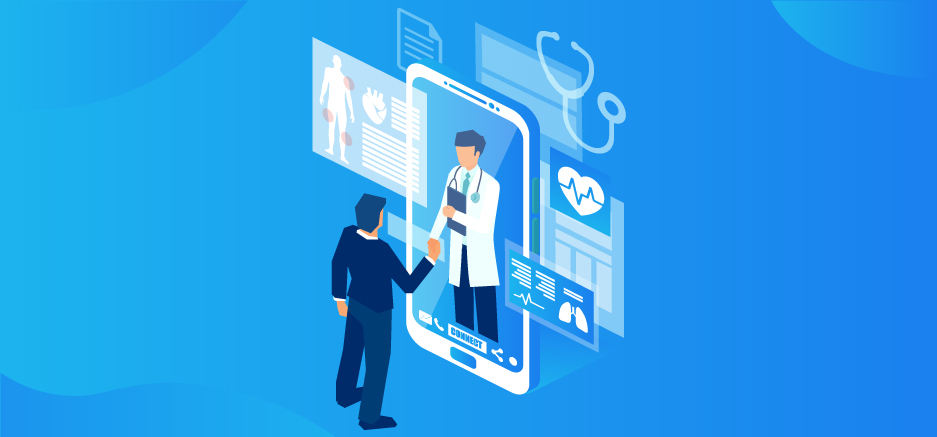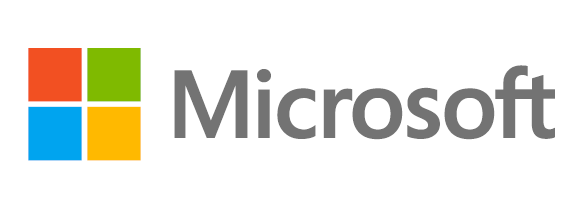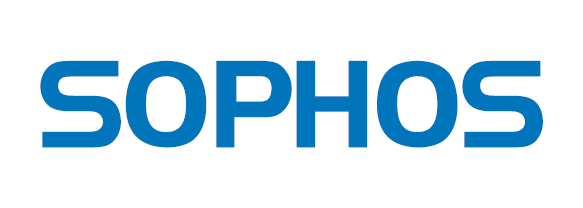Healthcare is one of the most critical industry verticals since its main purpose is to cure the ailments and serious medical conditions people are faced with. The industry is constantly facing problems with a lack of good resources and is hit by new technologies and machines frequently to enable them to elevate the level of services offered. In addition to this, the processes in hospitals are too complicated and lengthy. And, since there are records of people’s medical history any glitch is non-permissible. From noting the patient’s details when he/she steps in the healthcare facility, sending him/her for tests, collecting their results to the prescriptions, every detail needs to be stored centrally without any mistake.
So where is the main problem? The job of healthcare IT professionals is not to complicate the already lengthy processes but is to infuse feasibility. And the same can be achieved with the application of the latest technologies. Technologies such as automation, machine learning, artificial intelligence and more will assist the IT professionals to create channels or a single platform from which the structured data can be retrieved and efficient and personalised care can be given to patients. Availability of the required data on a single platform will tackle the four challenges that the healthcare industry is experiencing:
- Poor data integrity
- Lack of link between the advanced machines
- Poor collaboration and misaligned workflows
- Privacy and security issues
How automation improves operational efficiency for the healthcare industry…
The main aim of introducing automation and machine learning in the healthcare vertical is to redefine the level of personalised care that the patients deserve. Apart from offering physicians with the required data at the correct instant of time, automation in intelligent combination with machine learning enables doctors to make informed decisions which are based on the statistical evidence. Other areas in which machine learning and automation will help healthcare professionals improve their offerings are:
Improve accessibility of the relevant insights:
Machine learning and automation adds more insights and context to the data that is collected from different sources. It structures the unstructured data, presents it in an easy to understand format and enables you to capture the accurate insights and bypass the unwanted data.
Follow a proactive approach for the care delivery services:
The insights generated from the data allows you to have a list of patients who are at a high risk of catching an infection again and getting admitted in to hospital. And as a result of which you can make arrangements for treatment and the special level of care required.
-
Gain operational insights from smart analytics:
Easy availability of operational insights with the help of smart analytics allows you to make decisions as in from where you can find the revenue enhancement opportunities.
Apart from improving the accessibility of healthcare professionals, automation has some advantages on another front also.
-
Make the admission processes hassle-free:
Admission processes require a lot of backend work and the patient or their family members may have to go from desk to desk to get the formalities completed. You can make the entire process easy by automating it. Automation of this process will ensure that the flow of information is smooth without any glitch and patients receive required care in the shortest time frame.
-
Streamline the emergency room operations:
Emergency room operations require tight connection and collaboration between the registration processes, check-in sections and physicians or specialists. While establishing the connection between these dispersed departments, it might happen that the treatment to be given to the patient takes a back seat and other formalities delay the entire process. Automation of these processes can help alleviate patient’s concerns and keep their treatment and care in the first place.
-
Smoothen the patient transfer processes:
The transfer of patients gets prolonged if the systems in hospitals are not connected with each other. You can deploy the automation technology which seamlessly brings all the systems on a common platform and quickens the inter and intra transfer by extracting and sharing the required documents whenever required.
-
Infuse mobility in medical documentation process:
Manual management of patient’s records not only raises the question of confidentiality and security but also poses a concern of accessibility. Storing documents in highly secured automated platforms address both these problems. Furthermore, the practitioners and patients have access to these applications on their handheld devices as a result of which giving immediate and informed care becomes easy.
-
Proper management of logistics and inventory:
The healthcare facilities are mostly stocked with all the required medication and equipment, but the requirement of every patient is different. You can automate the inventory management at your facility and ensure that you have everything that your patient demands. Also, you can assure that there are no glitches. Furthermore, regular management of inventory consumes time and efforts of your resources which can also be saved with automation.
Automation does have a lot of benefits for the healthcare sector but there are many organisations who are still standing on the sidelines. To move forward and deliver exceptional patient experiences, healthcare facilities will have to start making strategies and it will require resources who can manage change and drive leadership. The healthcare organisations who fail to move a step forward on this path are at the risk of falling behind. Therefore, not only advanced equipment and technology will define quality care for patients in the future, but strategies and workforce will also have a pivotal role to play.
To learn more about how you can deploy automation and other latest technologies in your healthcare facility, call us at 1300 EXIGOTECH (394 468)
or email us at .
 Australia
Australia Singapore
Singapore Philippines
Philippines India
India Vivek Trivedi | Oct 03, 2019
Vivek Trivedi | Oct 03, 2019